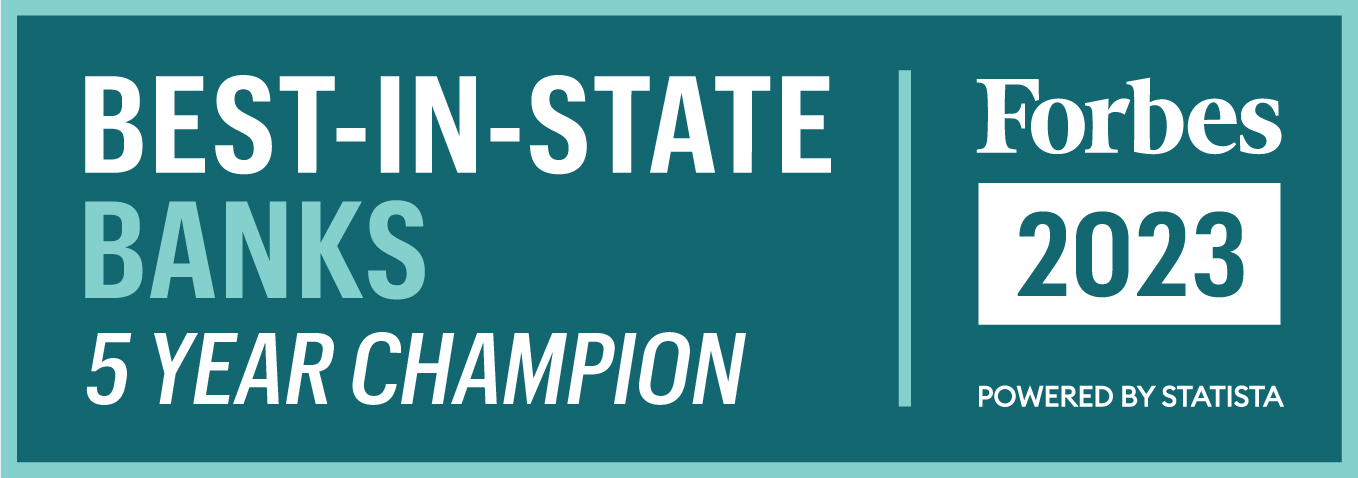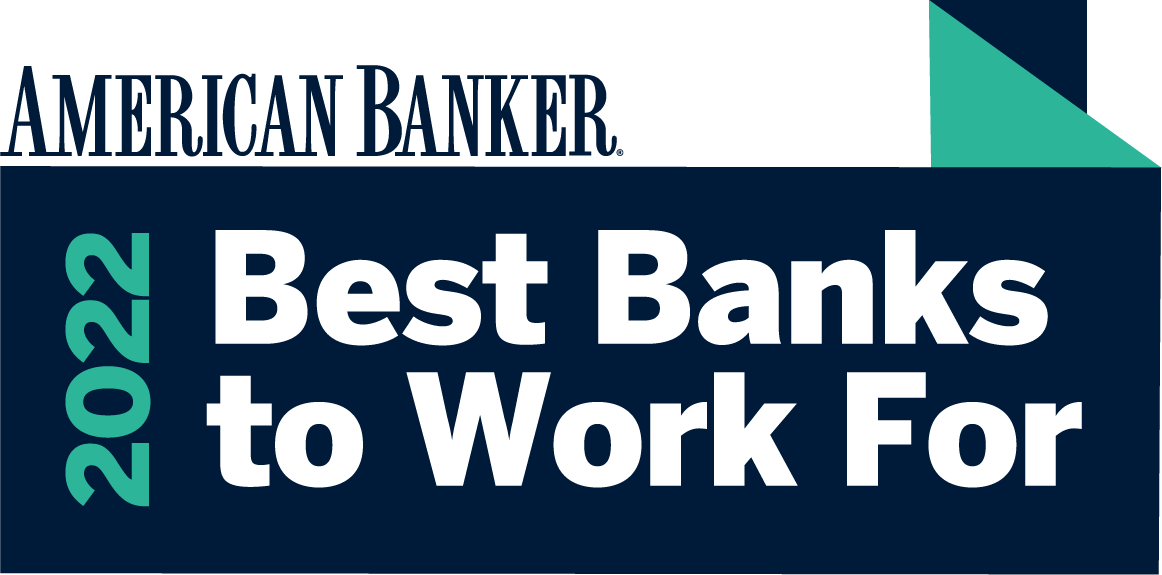You know how important it is to plan for your retirement, but where do you begin? One of your first steps should be to estimate how much income you'll need to fund your retirement. That's not as easy as it sounds, because retirement planning is not an exact science. Your specific needs depend on your goals and many other factors.
Use your current income as a starting point
It's common to discuss desired annual retirement income as a percentage of your current income. Depending on whom you're talking to, that percentage could be anywhere from 60% to 90%, or even more. The appeal of this approach lies in its simplicity, and the fact that there's a fairly common-sense analysis underlying it: Your current income sustains your present lifestyle, so taking that income and reducing it by a specific percentage to reflect the fact that there will be certain expenses you'll no longer be liable for (e.g., payroll taxes) will, theoretically, allow you to sustain your current lifestyle.
The problem with this approach is that it doesn't account for your specific situation. If you intend to travel extensively in retirement, for example, you might easily need 100% (or more) of your current income to get by. It's fine to use a percentage of your current income as a benchmark, but it's worth going through all of your current expenses in detail, and really thinking about how those expenses will change over time as you transition into retirement.
Project your retirement expenses
Your annual income during retirement should be enough (or more than enough) to meet your retirement expenses. That's why estimating those expenses is a big piece of the retirement planning puzzle. But you may have a hard time identifying all of your expenses and projecting how much you'll be spending in each area, especially if retirement is still far off. To help you get started, here are some common retirement expenses:
- Food and clothing
- Housing: Rent or mortgage payments, property taxes, homeowners insurance, property upkeep and repairs
- Utilities: Gas, electric, water, telephone, cable TV
- Transportation: Car payments, auto insurance, gas, maintenance and repairs, public transportation
- Insurance: Medical, dental, life, disability, long-term care
- Health-care costs not covered by insurance: Deductibles, co-payments, prescription drugs
- Taxes: Federal and state income tax, capital gains tax
- Debts: Personal loans, business loans, credit card payments
- Education: Children's or grandchildren's college expenses
- Gifts: Charitable and personal
- Savings and investments: Contributions to IRAs, annuities, and other investment accounts
- Recreation: Travel, dining out, hobbies, leisure activities
- Care for yourself, your parents, or others: Costs for a nursing home, home health aide, or other type of assisted living
- Miscellaneous: Personal grooming, pets, club memberships
Don't forget that the cost of living will go up over time. The average annual rate of inflation over the past 20 years has been approximately 2%.1 And keep in mind that your retirement expenses may change from year to year.
For example, you may pay off your home mortgage or your children's education early in retirement. Other expenses, such as health care and insurance, may increase as you age. To protect against these variables, build a comfortable cushion into your estimates (it's always best to be conservative). Finally, have a financial professional help you with your estimates to make sure they're as accurate and realistic as possible.
Decide when you'll retire
To determine your total retirement needs, you can't just estimate how much annual income you need. You also have to estimate how long you'll be retired. Why? The longer your retirement, the more years of income you'll need to fund it. The length of your retirement will depend partly on when you plan to retire. This important decision typically revolves around your personal goals and financial situation.
For example, you may see yourself retiring at 50 to get the most out of your retirement. Maybe a booming stock market or a generous early retirement package will make that possible. Although it's great to have the flexibility to choose when you'll retire, it's important to remember that retiring at 50 will end up costing you a lot more than retiring at 65.
Estimate your life expectancy
The age at which you retire isn't the only factor that determines how long you'll be retired. The other important factor is your lifespan. We all hope to live to an old age, but a longer life means that you'll have even more years of retirement to fund. You may even run the risk of outliving your savings and other income sources.
To guard against that risk, you'll need to estimate your life expectancy. You can use government statistics, life insurance tables, or a life expectancy calculator to get a reasonable estimate of how long you'll live. Experts base these estimates on your age, gender, race, health, lifestyle, occupation, and family history. But remember, these are just estimates.
There's no way to predict how long you'll actually live, but with life expectancies on the rise, it's probably best to assume you'll live longer than you expect.
Identify your sources of retirement income
Once you have an idea of your retirement income needs, your next step is to assess how prepared you are to meet those needs. In other words, what sources of retirement income will be available to you? Your employer may offer a traditional pension that will pay you monthly benefits. In addition, you can likely count on Social Security to provide a portion of your retirement income. To get an estimate of your Social Security benefits, visit the Social Security Administration website (www.ssa.gov).
Additional sources of retirement income may include a 401(k) or other retirement plan, IRAs, annuities, and other investments. The amount of income you receive from those sources will depend on the amount you invest, the rate of investment return, and other factors. Finally, if you plan to work during retirement, your job earnings will be another source of income.
Make up any income shortfall
If you're lucky, your expected income sources will be more than enough to fund even a lengthy retirement. But what if it looks like you'll come up short? Don't panic — there are probably steps that you can take to bridge the gap. A financial professional can help you figure out the best ways to do that, but here are a few suggestions:
- Try to cut current expenses so you'll have more money to save for retirement
- Shift your assets to investments that have the potential to substantially outpace inflation (but keep in mind that investments that offer higher potential returns may involve greater risk of loss)
- Lower your expectations for retirement so you won't need as much money (no beach house on the Riviera, for example)
- Work part-time during retirement for extra income
- Consider delaying your retirement for a few years (or longer)
A community bank is a great resource for consumers and businesses to learn about financial planning. Our financial advisors can offer insight and ideas to help you pursue both short and long-term objectives. For more information or to set up an appointment for a no obligation, complimentary and confidential financial review, call 866-224-1379 or visit any of our office locations.
The pain of losing a loved one is one of the most difficult things to go through. For beneficiaries, an added stressor can be locating information to properly address estate matters – and having to guess what their loved one may have wanted. Fortunately, with careful and detailed planning, we can help lift the burden for your loved ones by organizing key information about your assets as well as your final wishes – all in one convenient place.Download Our Free Estate Planning Guide

1Calculated form Consumer Price Index (CPI-U) data published by the Bureau of Labor Statistics, January 2019
Prepared by Broadridge Advisor Solutions Copyright 2019.
*Securities offered through Raymond James Financial Services, Inc., Member FINRA/SIPC, and are not insured by bank insurance, the FDIC or any other government agency, are not deposits or obligations of the bank, are not guaranteed by the bank, and are subject to risks, including the possible loss of principal. Lakeland Bank and the investment center are not registered broker/dealers and are independent of Raymond James Financial Services.
Links are being provided for information purposes only. Raymond James is not affiliated with and does not endorse, authorize or sponsor any of the listed websites or their respective sponsors. Raymond James is not responsible for the content of any website or the collection or use of information regarding any website's users and/or members.
Raymond James financial advisors may only conduct business with residents of the states and/or jurisdictions for which they are properly registered. Therefore, a response to a request for information may be delayed. Please note that not all of the investments and services mentioned are available in every state. Investors outside of the United States are subject to securities and tax regulations within their applicable jurisdictions that are not addressed on this site.




